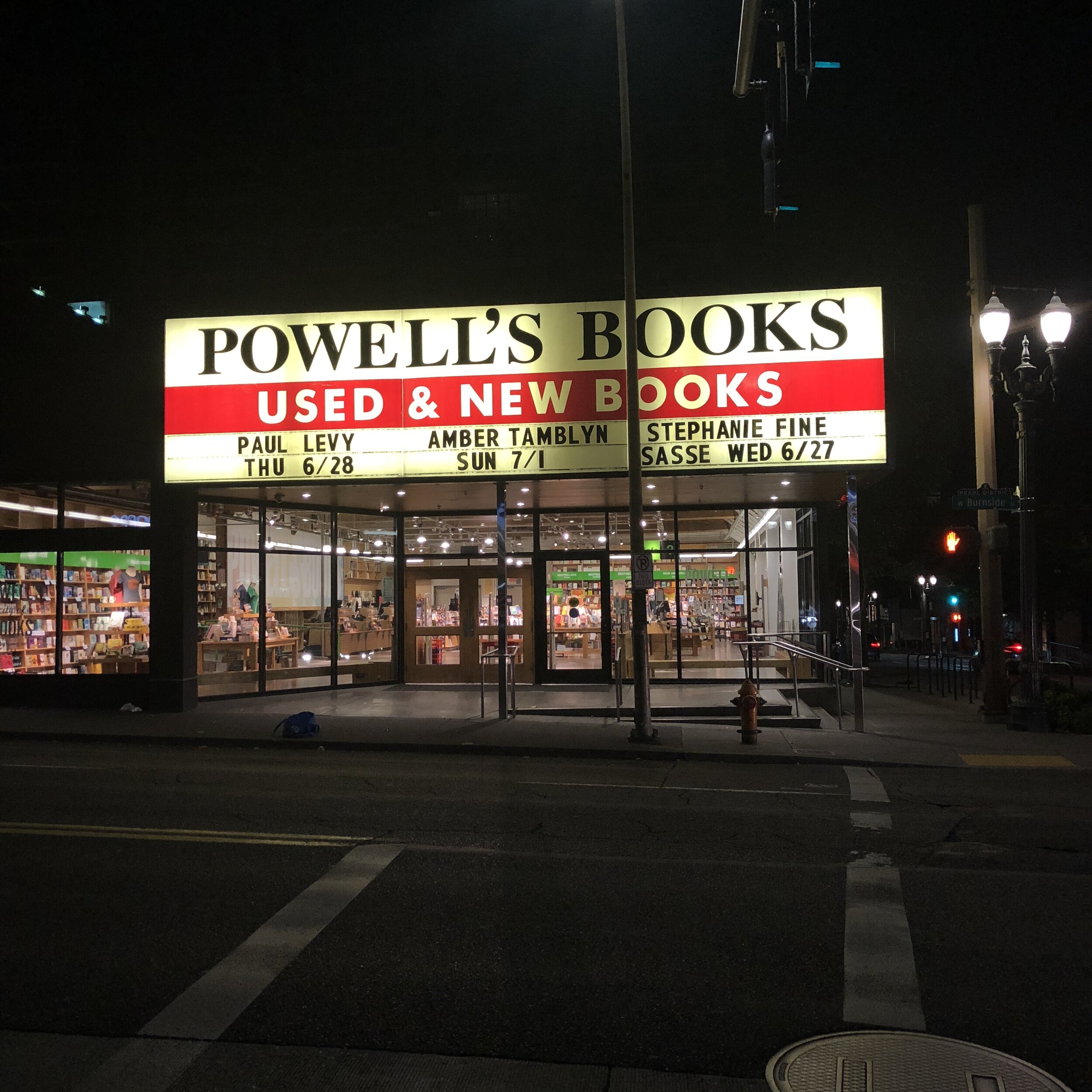To fight back against misinformation, I developed and taught a series of interactive programs, workshops, and frameworks on how to responsibly interact with ideas in the internet age.
Information literacy is an umbrella term that often includes media literacy, science literacy, and psychological literacy. It refers to the skills necessary for an individual to be prepared to responsibly navigate the information they encounter in their digital and day-to-day lives. In the US, there is extensive research documenting low levels of information literacy across domains. To tackle this issue, I formally analyzed insights from across fields, including educational psychology, conceptual change, learning sciences, public understanding of science, and science, technology, and society studies.
Misinformation & Info Literacy Initiatives
A true democracy or democratic republic requires informed, engaged, and inspired communities. We need to remove the systemic, psychological, cultural, and practical barriers that the public faces in co-building more sustainable and equitable futures.
↓
LINK Framework
Collaborating with learning scientists to construct a working model for interdisciplinary synthesis.
Alongside researchers at Harvard Graduate School of Education, I co-created a model for responsible, non-expert interdisciplinary inquiry that analyzed research and communication best practices in two phases: synthesis for self and synthesis for others.
This work led to the development of the LINK project and resources, which was implemented in several undergraduate general studies courses across Harvard.
HILT Program for Responsible Engagement with Science
Creating an award-winning course on research literacy at Harvard Graduate School of Education.
Using insights from both the TILT and LINK projects, I constructed and taught a course to aid graduate students in developing the skills necessary to responsibly and effectively analyze research and scholarship, with an emphasis on non-expert applications.
The course was offered through Dr. Todd Rose’s “Educational Neuroscience” course from 2013-2015. In 2015, it was selected as a Spark Grant recipient by the Harvard Initiative of Learning & Teaching with the goal of scaling it university-wide.
"Knowing Better" Workshops
Creating workshops for educators, policymakers, and the general public.
Using the TILT framework, I designed a six-part workshop featuring lectures, case studies, frameworks, and interactive exercises. These workshops were presented at conferences, universities, and institutions nationwide, including Learning & the Brain, Emerson College, Harvard University, and several nonprofit organizations.
These materials are now being translated into experiential resources called “Knowing Better” through The Plenary, Co.
TILT Framework
Developing a framework for contemporary information literacy.
With education researcher, Maya Bialik, and educator, Andrew Watson, I built the “TILT (Twenty-first century Information Literacy Tools)” framework. It synthesizes scholarship from across fields to identify the six key skills and dispositions for effectively navigating today’s information ecosystems.
The framework was featured in “Four-Dimensional Learning”, a book published by the Center for Curriculum Redesign.
March for Science x Washington DC
Organizing the program for the 2018 March for Science in Washington, DC.
The 2018 March for Science rally was held at the National Mall and hosted 18 renowned speakers, including former President of Planned Parenthood, Dr. Leana Wen, astrophysicist, Dr. Hakeem Oluseyi, CEO of AAAS, Dr. Rush Holt, founder of Hip Hop Caucus, Rev. Lennox Yearwood Jr., and pioneer of Science and Technology Studies, Dr. Sheila Jasanoff.
SIGNS Summit
Creating and producing a global summit on science advocacy.
The Science in Government, Institutions & Society (SIGNS) Summit gathered emerging and established leaders in service of science advocacy and justice. The 3-day event, held in Chicago, IL, included a reception at Field Museum, 75+ speakers across 5 tracks, a science comedy show, and partnerships with leading organizations including NOVA and Bulletin of Atomic Scientists.
March for Science x San Francisco
Leading the creation of a 30+ speaker program for over 50,000 participants.
The 2017 San Francisco March for Science was one of the largest in the world. I managed the program, speakers, volunteers, and implementation of a three-part event. The rally featured renowned speakers such as former Chief Data Scientist of the US, Dr. DJ Patil, and popular TV host, Adam Savage. The 50K+ person march ended with a science festival with community partners, activities, a concert, and additional panels and speakers.
My fellow organizers and I were recognized with a Certificate of Honor from the San Francisco Board of Supervisors.
Community Book Tour
Organizing a book tour featuring voices from the movement.
Washington, DC, Powell’s Books in Portland, OR, and MIT Press Bookstore in Cambridge, MA.
In each city, multiple contributors to the book — ranging from leading experts to grassroots organizers — were given a platform to share their story.
Science Not Silence Collection
Collecting the stories of supporters from around the world.
In Spring 2018, MIT Press published a collection of images, stories, and calls-to-action that I created in collaboration with Dr. Lucky Tran.
In addition to co-authoring the book, I led the creative direction and cover design.
The book was recognized as one of the top Human Rights books by Hong Kong Press that spring.









